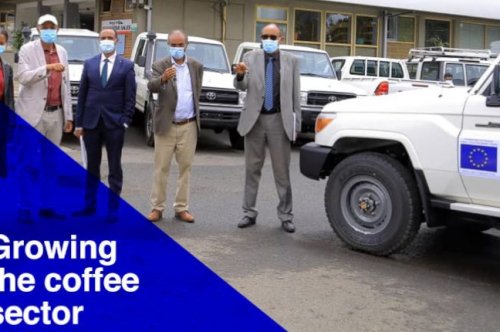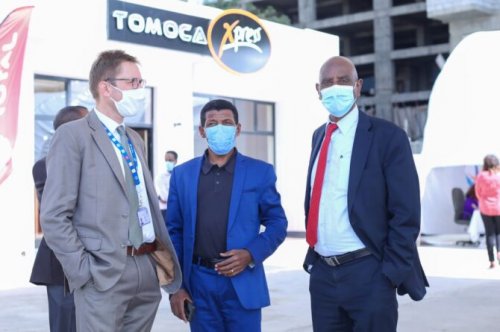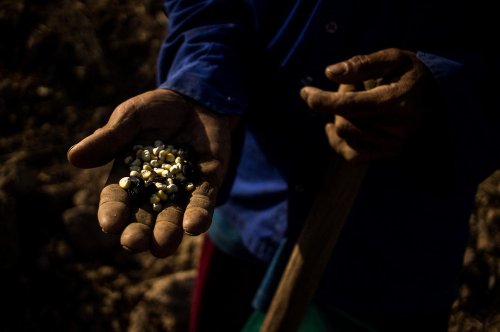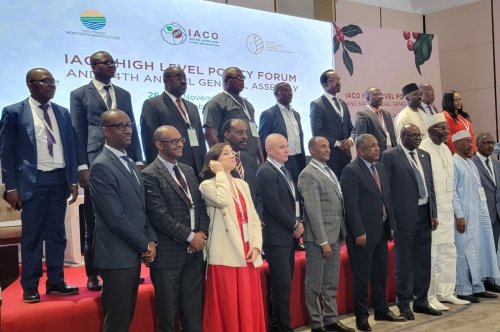Ethiopia at risk of losing its coffee export to the EU

Ethiopia is at risk of losing of its coffee export to the European Union (EU) due to its failure to implement the new decision of the EU Deforestation Regulation (EUDR). The EUDR aims to address deforestation concerns associated with agricultural production and requires countries to take measures to combat deforestation, particularly in the agricultural sector.
Importers of coffee to the EU are reportedly scaling back their purchases in anticipation of the new law, which will prohibit the sale of goods associated with deforestation.
The EU’s commitment to combating deforestation and its associated environmental impacts is reflected in this landmark law. By banning the sale of goods linked to forest destruction, the EU aims to address the role of consumer demand in driving deforestation and climate change. This law is likely to have a direct impact on various sectors, including the coffee industry.
The scaling back of purchases from small farmers in Africa and other regions can be seen as importers’ proactive response to align their practices with the upcoming regulation. Importers may be taking measures to ensure that their supply chains comply with the new law, including sourcing coffee from producers who can demonstrate sustainable and responsible farming practices that do not contribute to deforestation.
The European Commission has also expressed its commitment to supporting producing countries and smallholders in complying with the EUDR. At COP28, the EU and its member states pledged 70 million euros for initiatives aimed at assisting these countries. These initiatives likely focus on providing resources, technical assistance, and capacity-building programs to help countries meet the requirements of the EUDR.
Read more: Capital Ethiopia






